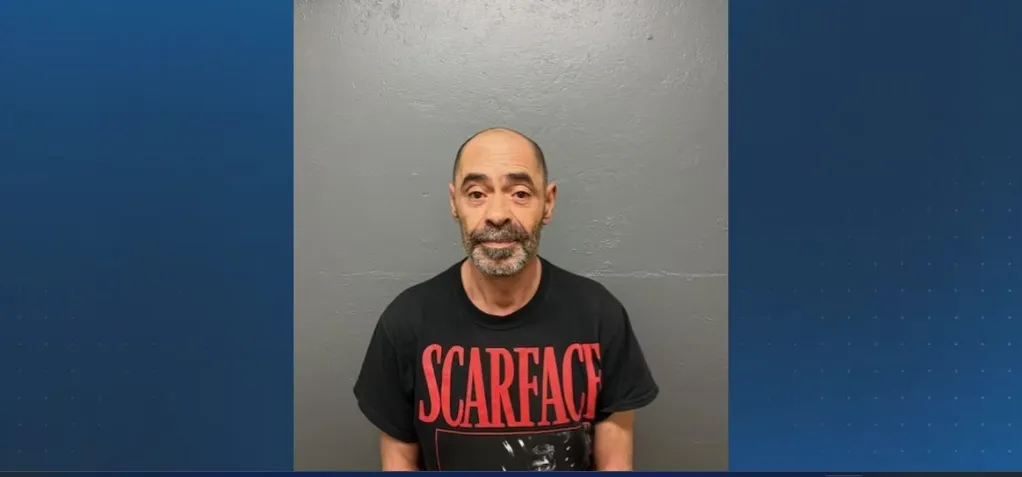If you’re going through a divorce, it may be best to avoid texting your spouse. Perhaps the only thing worse would be texting the judge who is hearing your case.
Videos by Rare
But one New Hampshire man decided that would be a good idea — and is now facing charges for allegedly trying to sway the judge’s ruling in his divorce proceedings.
Carlos Dorego, 55, is accused of sending off an unsolicited text message to the circuit court judge. Dorego was arrested on one class B felony county of improper influence.
The offense is punishable by up to seven years in prison and a $4,000 fine. That’s likely a lot worse than what most people experience during a divorce. Yes, it costs money, but very rarely does it mean prison time.
Heck, some will tell you that the marriage itself is the jail. Divorce is supposed to set them free.
“Dorego is scheduled to be arraigned at 8 a.m. on March 27, 2024, in the 1st Circuit Berlin District Division,” noted Boston 25 News.
Granted, this isn’t the first time someone has tried to get a judge look favorably on them during divorce court. Some people will dress a certain way or give answers they think the judge wants to hear all so they can gain an edge.
But those things are perfectly legal. Sending the judge a text, as if he or she is an attorney or marriage counselor, is not.
Suh communications are considered “ex parte” and banned under state and federal laws.
“‘Ex parte’ is a Latin phrase meaning ‘on one side only; by or for one party.'” the Hawaii State Judicary website reads. “An ex parte communication occurs when a party to a case, or someone involved with a party, talks or writes to or otherwise communicates directly with the judge about the issues in the case without the other parties’ knowledge.
“Under the Judicial Code of Conduct, judges may not permit or consider “ex parte communications” in deciding a case unless expressly allowed by law. This ban helps judges decide cases fairly since their decisions are based only on the evidence and arguments presented to the court and the applicable law. It also preserves public trust in the legal and court system.”



